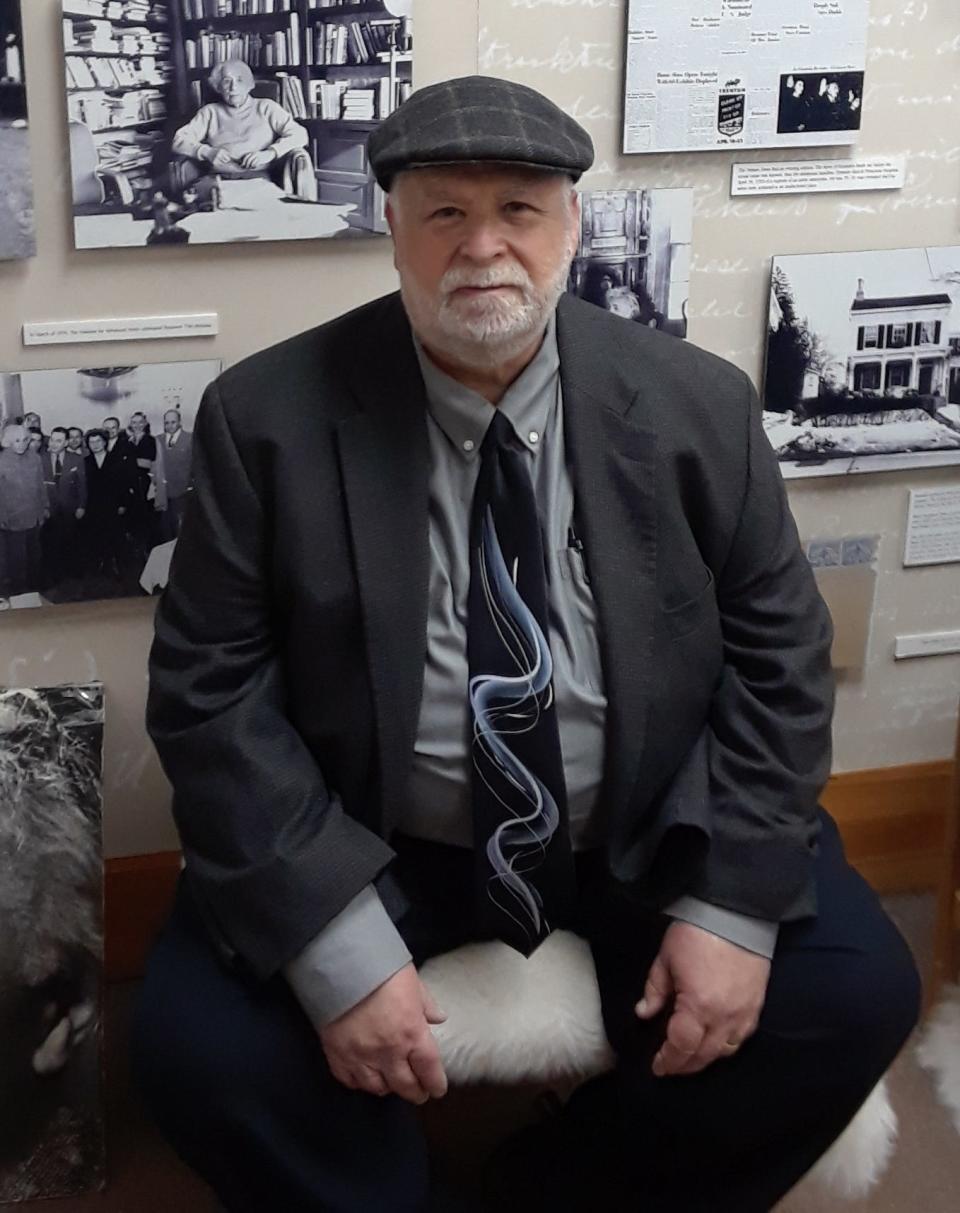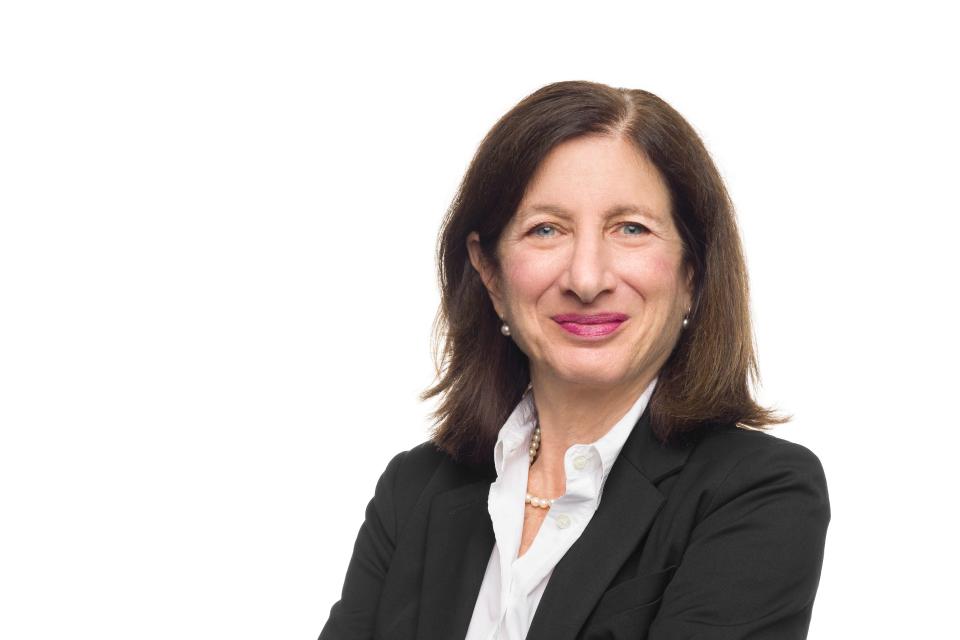Holocaust Council launches program on book banning during Third Reich
Ninety years ago, just months after Adolf Hitler came to power in Germany, the Nazis staged a dramatic act as part of their campaign of Gleichschaltung, their effort to standardize and coordinate every aspect of German society.
In Berlin’s Opera Square on May 10, 1933, they burned 25,000 books whose topics or authors were deemed “un-German.”
For the following 12 years, a campaign of mass murder and world war ensued, leaving Europe in ruins and survivors and scholars to struggle to understand the inexplicable. To this day.

On Oct. 2 in Tallahassee, the Holocaust Education Resource Council (HERC) will launch Eidim: The Witness Project, HERC’s new quarterly program open to all. The first program, presented by retired Tallahassee Community College historian Monte Finkelstein, will be on book banning during the Third Reich.
Eidim is the Hebrew word for “witnesses.” “That was the goal – to create a program series that will educate and engage the community, as a witness to the stories and lessons of the Holocaust,” said Barbara Goldstein, HERC’s executive director. “Anyone who listens will become a witness.”

The books that Nazis burned nearly a century ago weren’t limited to those by Jewish authors. Books with “foreign” influences and ones considered “immoral” also went into the flames. These included works by German-Jewish playwright Heinrich Heine, German war veteran Erich Maria Remarque and American writers Ernest Hemingway, Helen Keller, Jack London and H.G. Wells. Austrian-Jewish psychoanalyst Sigmund Freud’s books also made the verboten list.
Dissenting ideas were condemned, said Finkelstein. With the strict regulation of content in newspapers, magazines, radio, film and all art forms, German citizens were permitted to read, listen and watch only what the Nazis deemed acceptable, he said.
German writers and artists considered a threat often wound up in concentration camps. Several died there. Others fled.
Finkelstein’s presentation will focus on “the Nazi justifications for banning certain works, the categories of literature they banned, the book burnings, and the actions taken by the Nazis to make the works unavailable to the public.”
The discussion will include reaction at the time, including reaction among authors whose books were banned, and “how book banning fit in with the Nazis’ campaign of Gleichschaltung and how these events may still be relevant.”
Registration for the Oct. 2 event – from 6:30 to 8 p.m. at Temple Israel – is required. Attendees will receive free books.
To register, go to holocaustresources.org.
If you go
What: Eidim: The Witness Project
When: 6:30-8 p.m. Monday, Oct. 2
Where: Temple Israel, 2215 Mahan Drive
Registration: holocaustresources.org
This article originally appeared on Tallahassee Democrat: Holocaust Council project explores booking banning during Third Reich

